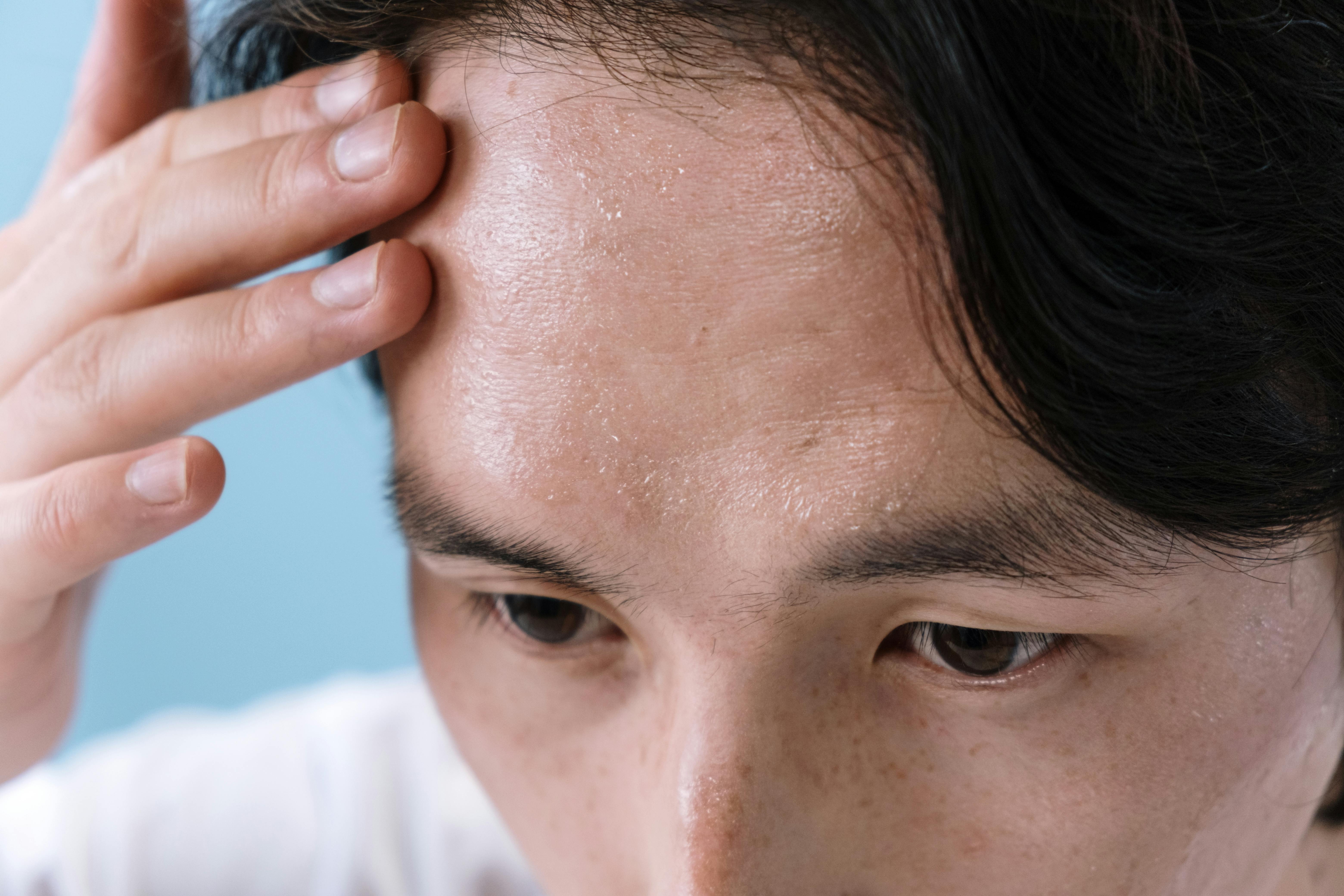Your Body's Stress Barometer: Physical Cues That Reveal Your Stress Level
In our fast-paced modern world, stress has become an almost ubiquitous part of daily life. While some stress can be beneficial, motivating us to meet deadlines or respond to challenges, chronic stress can have detrimental effects on our health. Recognizing the physical cues that our bodies provide can act as a stress barometer, alerting us to when stress levels may be reaching harmful levels. This article explores these physical manifestations of stress, delving into how they can serve as indicators of our mental state. By understanding these cues, we can take proactive steps to manage stress and maintain overall well-being.
The Science of Stress: Hormonal Havoc

At the core of stress responses is the release of hormones such as cortisol and adrenaline. These hormones are part of the body's fight-or-flight response, preparing us to face immediate threats. However, when stress becomes chronic, the constant presence of these hormones can wreak havoc on bodily systems. Elevated cortisol levels, for instance, can lead to weight gain, high blood pressure, and a weakened immune system. Understanding the hormonal basis of stress is crucial, as it underscores the importance of managing stress to prevent long-term health issues. This section lays the groundwork for recognizing how these hormonal changes manifest physically.
Skin Deep: Epidermal Indicators

The skin is often referred to as the body's largest organ and can be one of the first places to show signs of stress. Conditions such as acne, eczema, and psoriasis can flare up in response to increased stress levels. Stress-induced changes in the skin are believed to be linked to the inflammatory response triggered by stress hormones. Additionally, stress can lead to habits such as skin picking or nail-biting, further affecting skin health. By paying attention to these dermatological signs, individuals can assess their stress levels and take steps to alleviate stressors before they manifest more severely.
